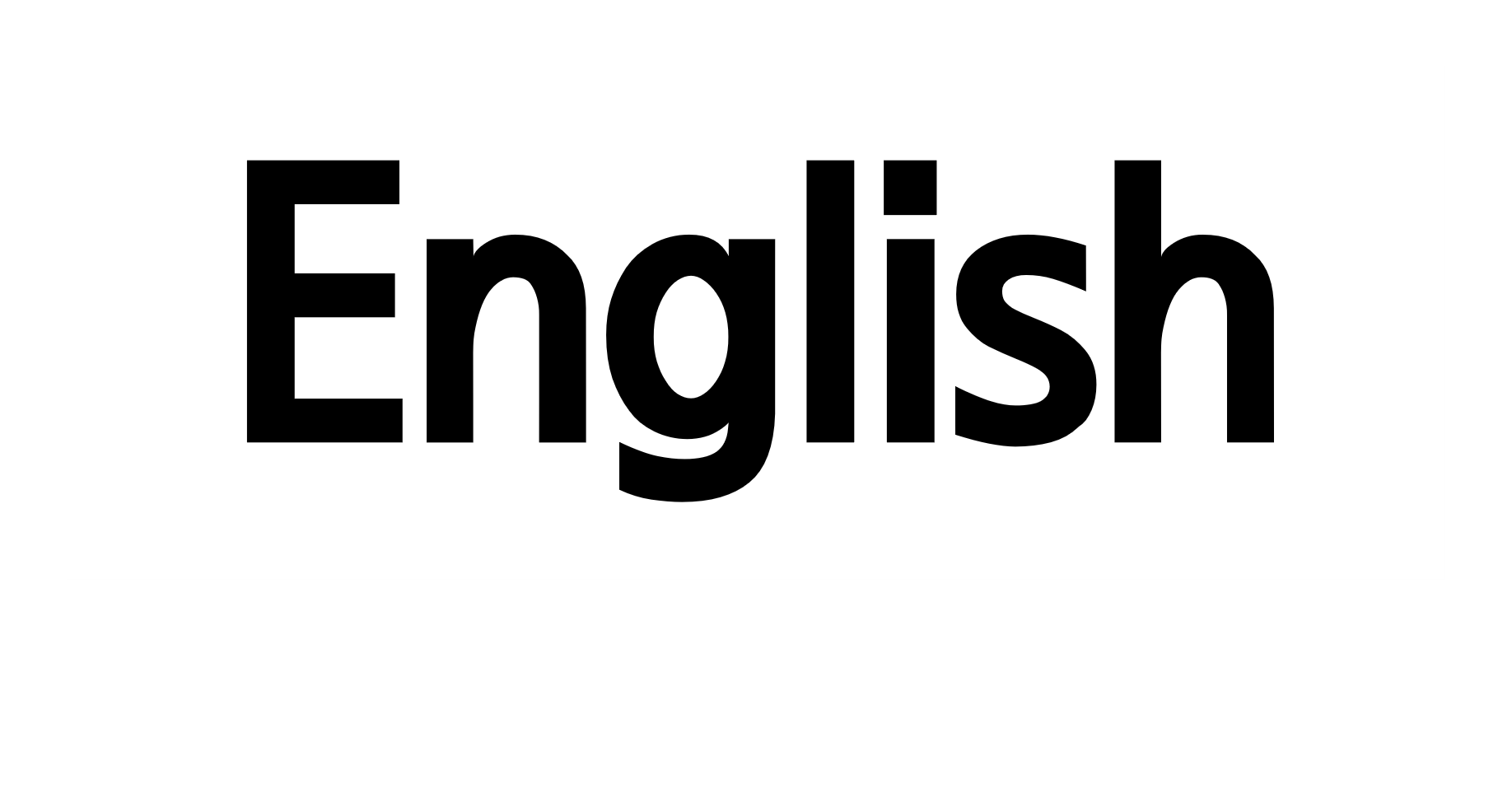"be good with ~": ~が得意
본문
"be good with ~": ~が得意
- 構造
be good + with + 名詞 または 代名詞
- 例文
She is good with children.
(彼女は子供に優しい。)
He is not very good with computers.
(彼はコンピューターにあまり詳しくない。)
I am not good with money.
(私はお金に困っている。)
- 必須表現
be (である)
good (良い)
with (~で)
children (子供)
computers (コンピュータ)
money (お金)
she (彼女)
he (彼)
I (私)
not very (あまり)
- 注意
* "be good" の代わりに "be excellent at" や "be skilled at" などの表現を使うこともできます。
* "with" の代わりに "at" を使うこともできますが、"with" の方がより自然な表現です。
- 活用
She is good with languages.
(彼女は言語に堪能である。)
He is good at cooking.
(彼は料理が上手だ。)
I am not very good at public speaking.
(私は人前で話すのが苦手だ。)
She is good with people.
(彼女は人と接するのが上手だ。)
He is not very good with strangers.
(彼は見知らぬ人と接するのが苦手だ。)
I am good with animals.
(私は動物が好きだ。)
She is good with tools.
(彼女は道具を使いこなせる。)
He is not very good with cars.
(彼は車に詳しくない。)
I am good with computers.
(私はコンピュータに詳しい。)
- アドバイス
* "be good with ~" は、自分の能力や才能を表現するのに役立ちます。
* 面接や履歴書などで、自分の強みをアピールする際に使うことができます。
* 日常会話でも、何かを上手に扱っていることを褒めたり、助けを求めたりする際に使うことができます。
- 構造
be good + with + 名詞 または 代名詞
- 例文
She is good with children.
(彼女は子供に優しい。)
He is not very good with computers.
(彼はコンピューターにあまり詳しくない。)
I am not good with money.
(私はお金に困っている。)
- 必須表現
be (である)
good (良い)
with (~で)
children (子供)
computers (コンピュータ)
money (お金)
she (彼女)
he (彼)
I (私)
not very (あまり)
- 注意
* "be good" の代わりに "be excellent at" や "be skilled at" などの表現を使うこともできます。
* "with" の代わりに "at" を使うこともできますが、"with" の方がより自然な表現です。
- 活用
She is good with languages.
(彼女は言語に堪能である。)
He is good at cooking.
(彼は料理が上手だ。)
I am not very good at public speaking.
(私は人前で話すのが苦手だ。)
She is good with people.
(彼女は人と接するのが上手だ。)
He is not very good with strangers.
(彼は見知らぬ人と接するのが苦手だ。)
I am good with animals.
(私は動物が好きだ。)
She is good with tools.
(彼女は道具を使いこなせる。)
He is not very good with cars.
(彼は車に詳しくない。)
I am good with computers.
(私はコンピュータに詳しい。)
- アドバイス
* "be good with ~" は、自分の能力や才能を表現するのに役立ちます。
* 面接や履歴書などで、自分の強みをアピールする際に使うことができます。
* 日常会話でも、何かを上手に扱っていることを褒めたり、助けを求めたりする際に使うことができます。
